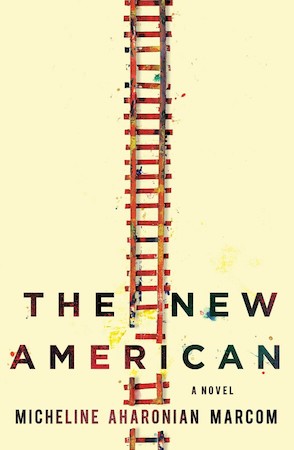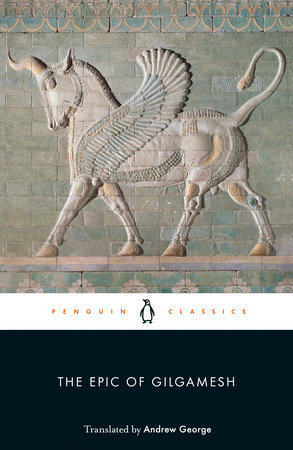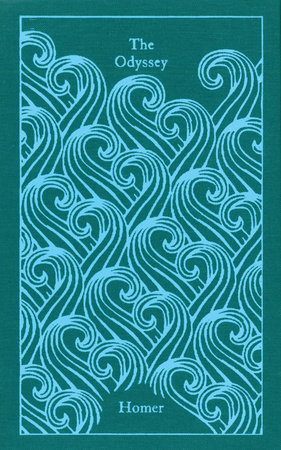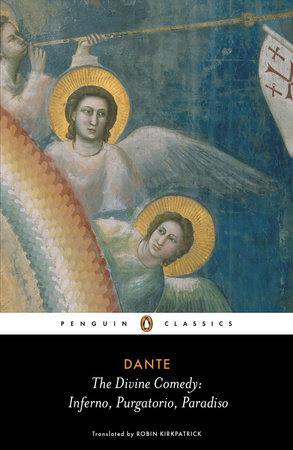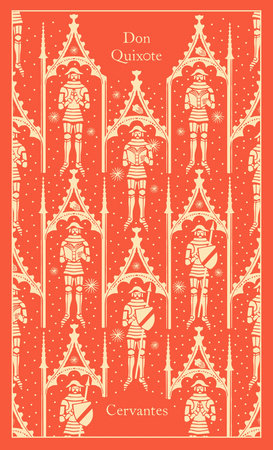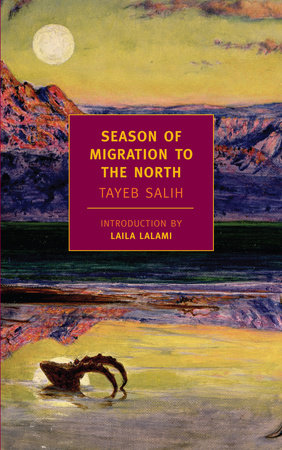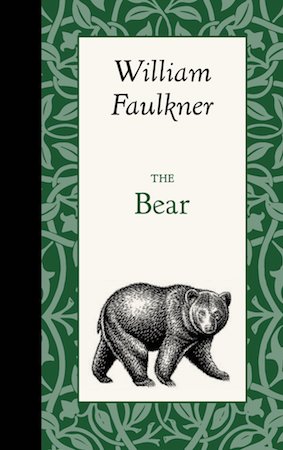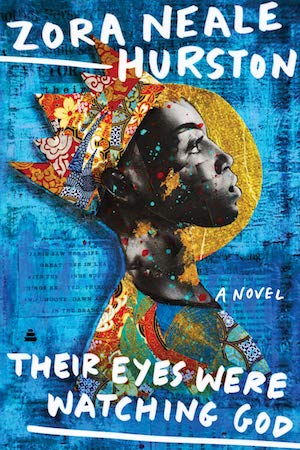Electric Lit relies on contributions from our readers to help make literature more exciting, relevant, and inclusive. Please support our work by becoming a member today, or making a one-time donation here.
.
The journey story, where the hero must venture out into the world for reasons not necessarily entirely of his/her own devising, is likely as old as recorded literature.
Of course the journey story can also be understood as an allegory of the self, or soul, and its evolution in a lifetime, for storytelling is always an act, as Ann Carson says, “of symbolization.” In this sense, the journey story not only narrates the material events of a life, but the interior transformations an individual undergoes.
As I wrote my seventh novel, The New American—which takes up the story of a young Guatemalan American college student at UC Berkeley, a DREAMer who is deported to Guatemala and his journey back home to California—I thought a lot about these kinds of archetypal stories in imaginative literature. Here are a few of my favorites.
The Epic of Gilgamesh, or He Who Saw Deep translated by Andrew George
The epic poem, one of oldest works of world literature, was composed in its earliest versions over 4,000 years ago in Mesopotamia and written in Babylonian cuneiform on clay tablets. Much of the reason it is lesser known than the younger works of Homer is because the epic itself was not rediscovered until 1853, cuneiform was not deciphered until 1857, and it wasn’t well translated until 1912. Fragments of the story on stone tablets continue to be found in modern-day Turkey, Iraq and Syria.
The basic story follows the King Gilgamesh of Uruk (modern-day Warka, Iraq) and his friendship with the wild man Enkidu. They undergo various battles including fighting and defeating the bull of heaven. Later, upon Enkidu’s death, Gilgamesh journeys to the edge of the earth where he goes in search of the secret of eternal life and, not finding it, returns home to Uruk having in some manner, in spite of life’s sorrows and travails, made peace with his own mortality.
“Ever do we build our households, ever do we make our nests, ever do brothers divide their inheritance, ever do feuds arise in the land. Ever the river has risen and brought us the flood, the mayfly floating on the water. On the face of the sun its countenance gazes, then all of sudden nothing is there!”
The Odyssey by Homer
Written down, along with the Iliad, soon after the invention of the Greek alphabet around the 8th-century BCE, the epic poem sings of Odysseus’ return home after the Trojan War and his encounters with monsters, the Sirens, shipwrecks, and captivity by Calypso on her island until he finally makes it back to Ithaca. Because the poem survived more or less continuously until modern times and has had influence in so many cultures for millennia (unlike the more recently rediscovered and older Gilgamesh), there’s no need to reiterate a narrative which so many of us already know, either directly or through the many stories the poem has inspired and influenced. One of my favorite moments comes in Book 14 when Odysseus finally makes it to Ithaca after ten years of traveling and, disguised as a beggar, seeks out Eumaeus the swineherd, who, not recognizing Odysseus, asks “But come…tell me of thine own sorrows, and declare me this truly, that I may know full well. Who art thou among men, and from whence?” These lines have seemed to me to in some way encapsulate some of storytelling’s most basic questions across the ages.
The Divine Comedy by Dante
Written after Dante had been sent into exile from his beloved city of Florence, the Commedia tells of the pilgrim’s descent into hell, his travel through purgatory, and eventually his ascent to paradise, with the Roman poet Virgil as his first guide, and later his beloved, Beatrice. The Commedia—the adjective “divine” in the title wasn’t added for several hundred years—begins with “Nel mezzo del cammin di nostra vita/mi ritrovai per una selva oscura” which can be translated from the Italian to “Midway through the road of our life I found myself in a dark wood.” This is another line from literature that has haunted me for years, not only for the allegorical “dark wood” many of us might at times find ourselves lost in, but at Dante’s strange use of the word “our” even though the Commedia will tell of one pilgrim’s journey and search for the right way. The first person plural points, I think, to the common story of seeking meaning, understanding, and wisdom, and how in the case of this beautiful work, the company of literature with its manner of encoding in the song of language (even if you don’t speak Italian, read a few lines out loud and you can hear the poem’s rhythms) is a blessing in any reader’s life’s journey.
Don Quixote by Miguel de Cervantes Saavedra, translated by John Rutherford
Alfonso Quixano has read too many chivalric romances (popular in 15th and 16th-century Europe), has gone mad from his reading, and now confuses reality with fantasy: he imagines himself the knight-errant Don Quixote and he determines to set off in search of adventure. From that premise, we journey through the countryside with our knight errant and his squire, Sancho Panza, as they slay giants (windmills) and defend the honor of his lady-love, Dulcinea del Toboso (a neighboring farm girl), who doesn’t actually ever appear in the story. In addition to being an amusing, laugh-out-loud tour de force of strange encounters as the pair travel across La Mancha, the reality of the violence, ignorance, and venality—not of Don Quixote, but of the society in which he lives in 17th-century Spain—of corrupted clergy, greedy merchants, deluded scholars, and the like, is on full display. To this day, Don Quixote continues to reveal the joyous role of reading in our lives, how fictions make for all kinds of realities, and how very often it is the fool who sees the truth.
“When life itself seems lunatic, who knows where madness lies? Perhaps to be too practical is madness. To surrender dreams—this may be madness. Too much sanity may be madness—and maddest of all: to see life as it is, and not as it should be!”
Season of Migration to the North by Tayeb Salih
Tayeb Salih’s mid 20th-century masterpiece is narrated by an unnamed young scholar who returns from England to his village on the Nile after seven years of study abroad and encounters a mysterious newcomer, Mustafa Sa’eed, who also lived for many years in the north. The novel takes up the many complexities and legacies of colonialism in post 1960s Sudan, the difficulties of encroaching modernity, the tragedy of Sa’eed’s life in England, and the intricate web of communal relationships in a traditional village. It is some of the women characters, especially the irreverent and bawdy storyteller, Bint Majzoub, very much like a storyteller out of the Nights, who regales the elder male listeners with bawdy tales, that has stayed in my imagination since I first read the book a decade ago. But it is the style of the book, its formal narrative complexity and interplay, the beauty of its prose, its deep and complex interrogation of the self in the world, that have made it a book I continue to return to. “How strange! How ironic! Just because a man has been created on the Equator some mad people regard him as a slave, others as a god. Where lies the mean?”
The Bear by William Faulkner
The journey here is into the woods to hunt Old Ben, the last remaining brown bear of his kind and stature in the quickly diminishing woods of Mississippi at the turn of the 19th-century. As with so much of Faulkner’s work, the writing is sublime, the form strange, the land is a character, and we witness the maw of industrial capitalism as it reduces everything—animals, the land, people—to a ledger of profits and loss. The last scene of the illiterate woodsman, Boon, in a clearing—the land by then has been sold, Old Ben is dead, and loggers will imminently cut the remainder of the old woods down—sitting beneath a lone tree with squirrels running up and down its trunk screaming “They’re mine!” has long haunted me.
Invisible Cities by Italo Calvino
Italian writer Italo Calvino’s fantastical novel is about the imagined conversations between the 13th-century Venetian traveler, Marco Polo, and the Tartar Emperor Kublai Khan of the cities Polo has seen during his travels. The book, however, is mostly made up of descriptions of cities—fantastical forays not into any visible or historical cities, but imaginary invented ones: both ones that might have been and could be, and ones which perhaps did or do exist but are now transformed by the lens of story and distilled to their strange often wondrous essences. Calvino reminds us in this glorious book how the stories we tell greatly shape our thinking, our cultural formations, our views. “You take delight not in a city’s seven or seventy wonders, but in the answer it gives to a question of yours.”
Their Eyes Were Watching God by Zora Neale Hurston
When I think of Hurston I recall her description in her essay “How It Feels to Be Colored Me” of the “cosmic Zora” who would emerge at times as she walked down Seventh Avenue, her hat set at a certain angle, who belonged “to no race nor time. I am the eternal feminine with its string of beads.” In Hurston’s extraordinary novel, Their Eyes Were Watching God, the eternal and timeless qualities of imaginative literature are on full display in the very specific groundings of place and time, spoken language and culture. The book opens with Janie Crawford recounting her life story to her friend Pheoby upon her return to the all-Black town of Eatonville, Florida. The book, set in the 1930s, follows Janie’s narration of her early life, her three marriages (the last for love), and the many trials she undergoes including the death of her beloved during her travels, before she finally returns changed, wiser, independent. “You got tuh go there tuh know there…Two things everybody’s got tuh do fuh theyselves. They got tuh go tuh God, and they got tuh find out about livin’ fuh theyselves.”

